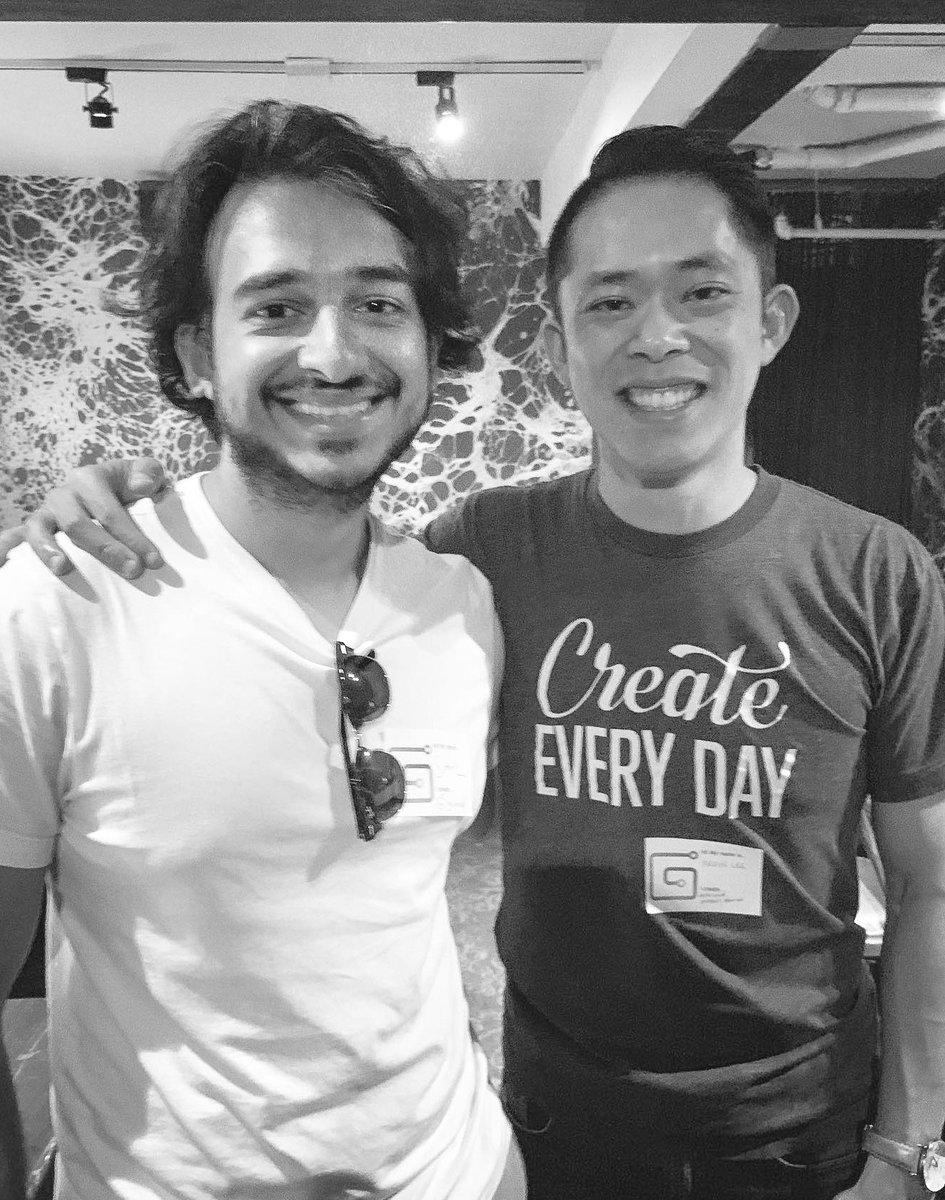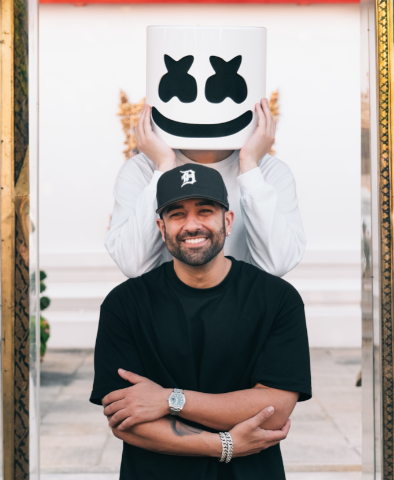A) Cross a neutral zone to rescue civilian passengers aboard the Kobayashi Maru ship and cause a war.
B) Leave them to die.
If they abandon the civilians, the civilians die.
It's meant to be a no-win scenario. The simulation is meant to test one's character.
So before his 3rd attempt, he secretly reprograms the simulator so that he can rescue the civilians successfully.
He's awarded a commendation for "original thinking."
When he's accused of cheating and "never having faced the no-win scenario," he replies that he does not believe in it.
Everyone starts with the same amount of capital, and is allowed to make as many trades as they want per week. The strategy is up to them.
Everyone must discuss their trades (gains or losses) so everyone can learn from one another.
At the end of class, I can see her mind turning on ways she can rank first.
And as the leaderboard comes up on the projector, the entire class lets out a huge collective gasp. I turn around to look at the screen and I'm dumbfounded.
I ask her to explain to the class what trades she made in the past week that could have possibly jumped her portfolio value this much.
Using that tool, she placed hundreds of buy/sell trades in the past week to skyrocket her portfolio value.
Our stock simulation wasn't a no-win scenario but she pulled a "Kobayashi Maru" and beat the system.
Over the phone, I tell the portfolio manager the story of what she pulled. He was similarly speechless and she ended up getting the job.
And every time I'm overwhelmed, I think of James T. Kirk and this student.
Sometimes you just have to re-frame the problem entirely.







